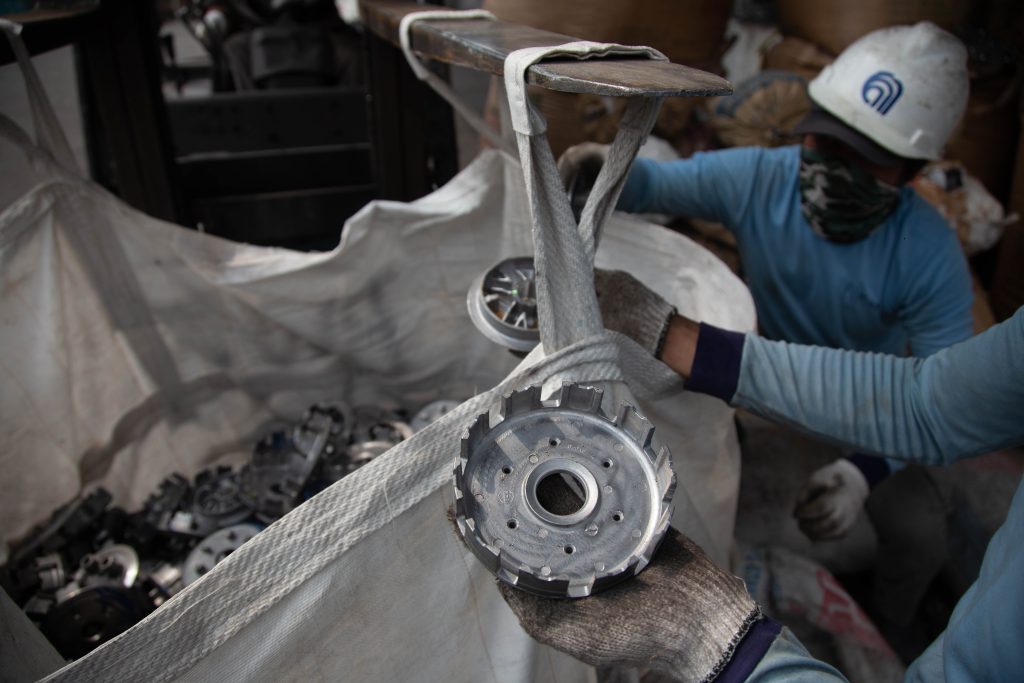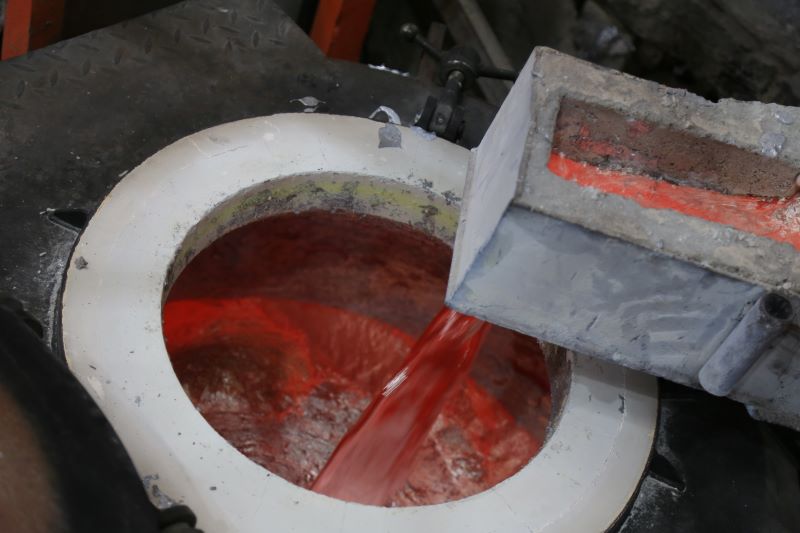The Environmental Impact of Aluminium Production:
Aluminium is known for its strength, durability, and lightweight properties, making it an essential material in various industries. However, traditional methods of aluminum production are energy-intensive and contribute significantly to greenhouse gas emissions. Recognizing the environmental impact, the industry has been embracing recycling as a means to reduce the carbon footprint associated with aluminium production.
The Process of Aluminium Recycling:
Aluminium recycling involves the collection and processing of used aluminium products, such as cans, foil, and automotive parts, to reclaim the metal for reuse. The collected aluminium undergoes a series of steps, including sorting, cleaning, and melting. The melted aluminium can then be cast into ingots or kept in molten form for various applications.
Production of Aluminium Ingots:
Aluminium ingots are a crucial component of the recycling process. Once the recycled aluminium is melted, it can be cast into ingots of various shapes and sizes. These ingots serve as the building blocks for manufacturing new products. The use of recycled aluminium in ingot production significantly reduces the demand for raw materials and the energy required for traditional smelting processes.
Molten Aluminium Applications:
Molten aluminium, a byproduct of the recycling process, has diverse applications. It can be used for die-casting, creating intricate shapes and designs for various industries, including automotive and aerospace. The versatility of molten aluminium in manufacturing underscores the economic and environmental advantages of recycling.
The Green Initiative:
The shift towards aluminium recycling aligns with a broader green initiative aimed at reducing waste, conserving resources, and mitigating environmental impact. By incorporating recycled aluminium into production processes, industries contribute to a circular economy, where materials are reused, thus minimizing the need for virgin resources.
Benefits of Aluminium Recycling:
- Energy Conservation: Recycling aluminium requires significantly less energy compared to primary production, conserving valuable resources.
- Emission Reduction: The recycling process emits fewer greenhouse gases, helping to combat climate change and reduce the industry’s carbon footprint.
- Resource Preservation: Recycling extends the lifespan of aluminium, reducing the need for mining and preserving natural resources.
- Economic Opportunities: Aluminium recycling creates jobs in collection, processing, and manufacturing, contributing to economic growth.
Kesimpulan:
Aluminium recycling, particularly in ingots and molten production, represents a pivotal step towards achieving a sustainable and eco-friendly future. Embracing this green initiative not only reduces the environmental impact of traditional aluminium production but also fosters economic growth and innovation. As industries and consumers increasingly prioritize sustainability, aluminium recycling emerges as a shining example of how responsible practices can pave the way for a greener and more resilient world.


